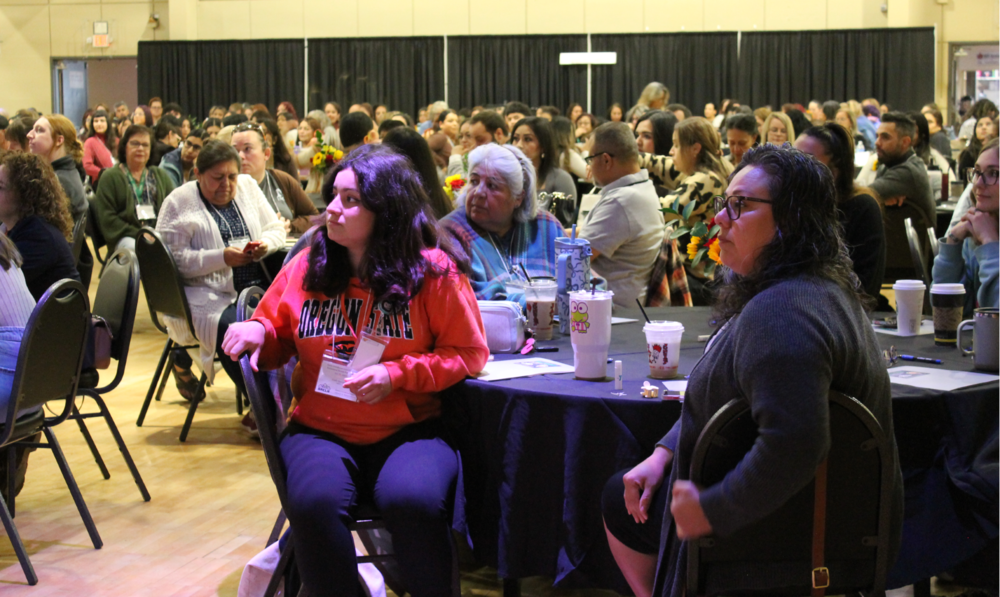The Early Childhood Education and Behavioral Health Fall Summit brought together more than 415 educators to the Pendleton Convention Center on October 11, 2025 to learn strategies for fostering staff resilience, integrating trauma-informed approaches, and practicing self-compassion in their work with children and families.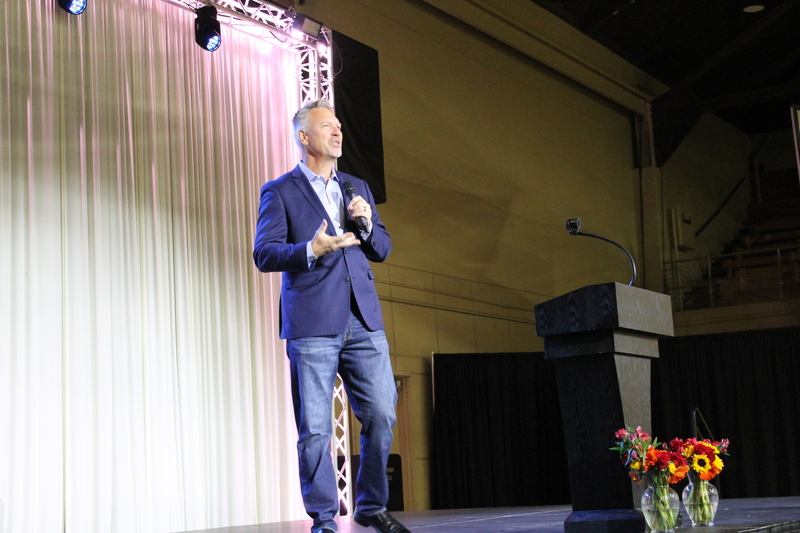
National Keynote Speaker, Derek Clark, opened the day with an emotionally raw presentation that explored different ways for educators to reach and support students who may have experienced past traumatic or adverse experiences. By delving into his own experiences and insights as a child who aged out of the foster care system, participants unveiled a typically unseen side of “difficult” behavior. Attendees were inspired as they learned how they as individuals can foster safety and empathy to create a unified school environment where people of all ages can thrive.
Alison Whisenhunt stressed the importance of filling your own cup and practicing self-compassion. Educators learned from each other, offering different ways to plan for and cope with stressful situations when they arise. Whisenhunt also encouraged participants to identify leadership opportunities and guided participants toward developing their personal leadership styles by setting boundaries and using principles of self-advocacy.
Dr. Michael Schwartz pointed educators toward the CLARITY Model. This model helps frame how educators feel and think about behavior. In the session, educators shared their insights and helpful suggestions for understanding complex behaviors with empathy and patience. In Dr. Schwartz’ second session, the group discussed a heavy topic, identifying and addressing depression and anxiety in their professional lives. Participants left the day feeling a sense of togetherness and hope.
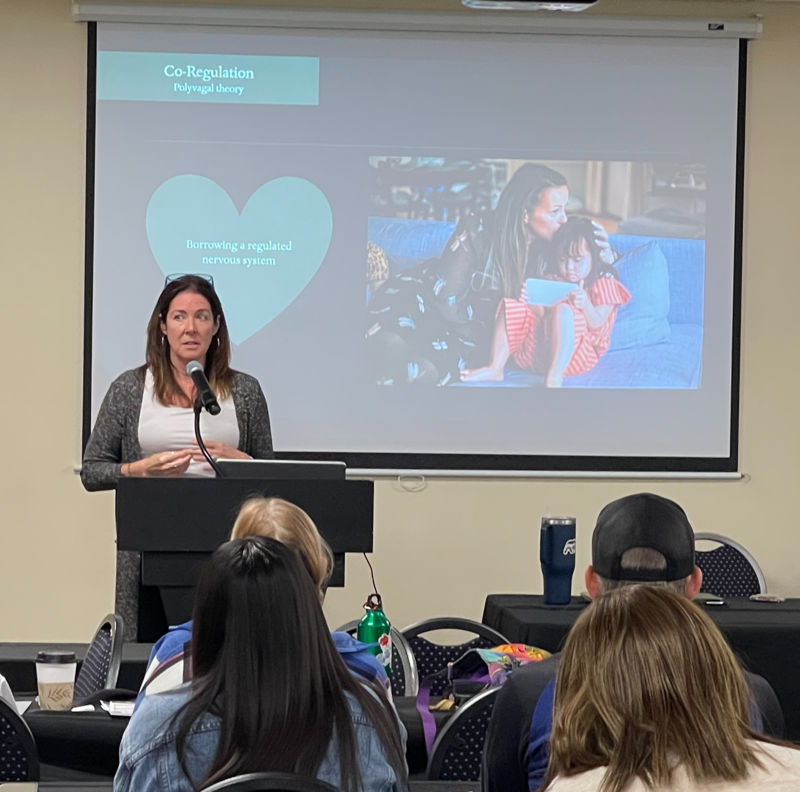
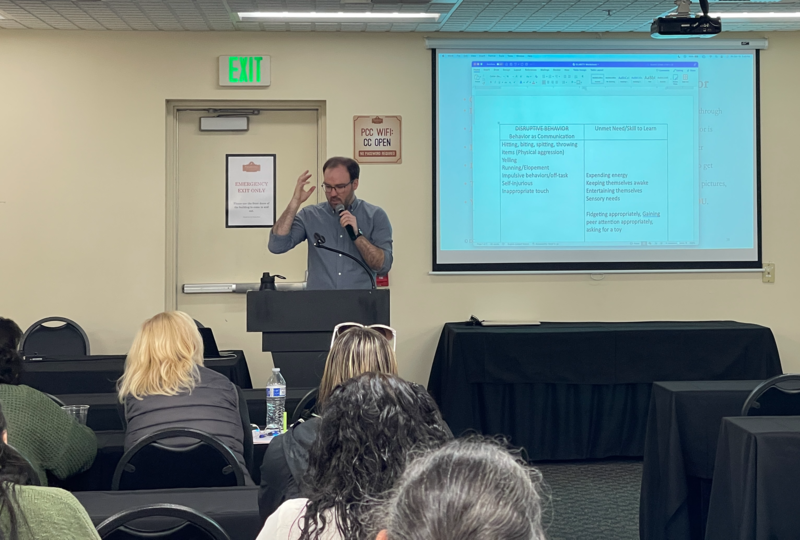
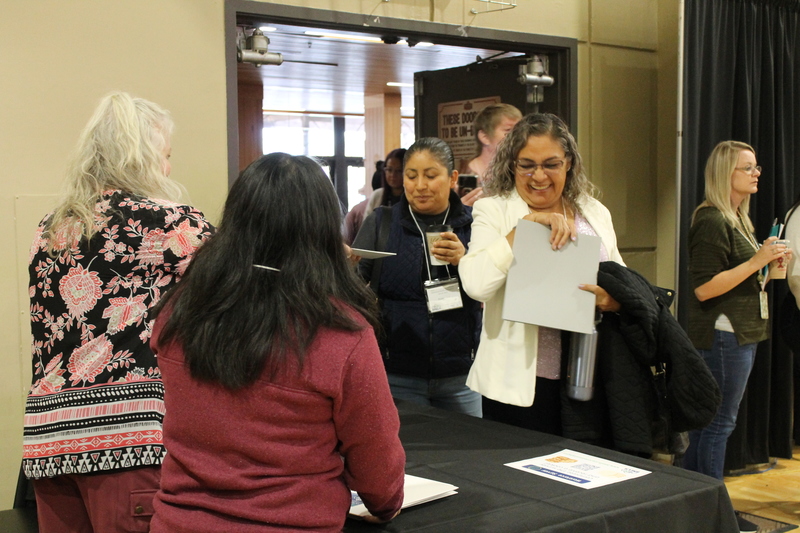
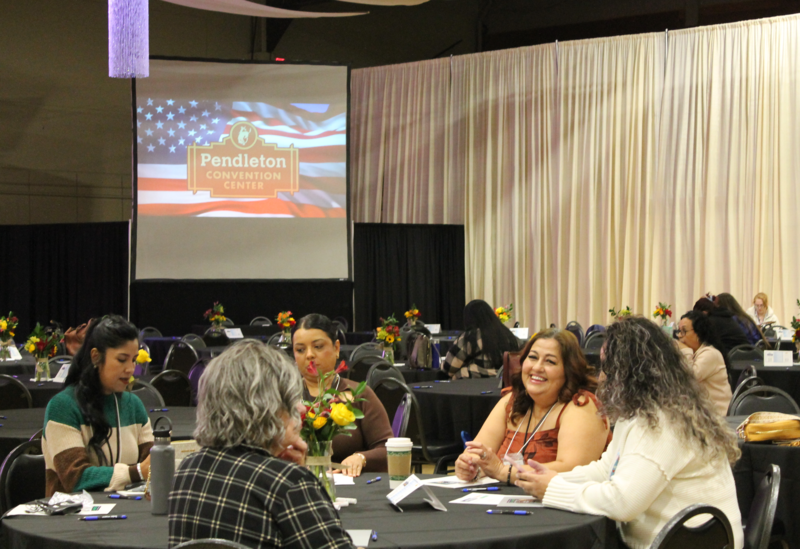
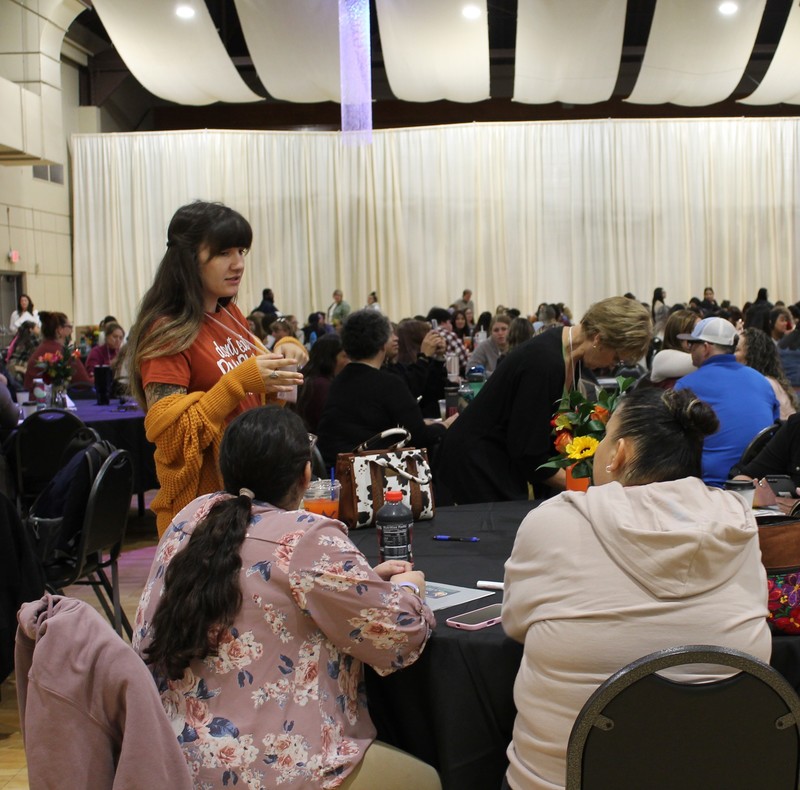
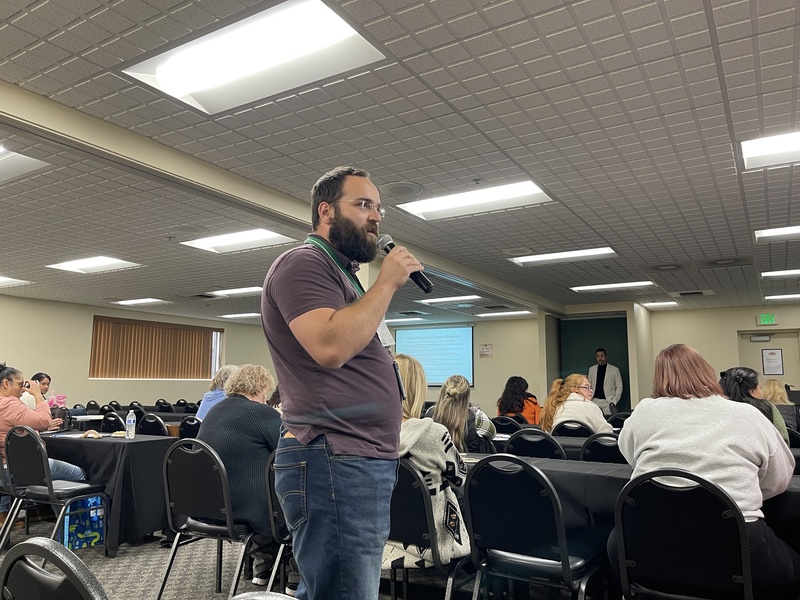
“The summit emphasized the importance of understanding that our most challenging students may come from backgrounds shaped by trauma. As educators, it's our responsibility to support these students and to help them recognize their resilience and capacity to overcome adversity.” said Marissa Loiland, Director of Early Learning Initiatives at IMESD.
“In addition, the Summit focused on educators supporting their own well-being, so they can continue showing up fully for the students who depend on them.”
The event was made possible by the generous support of its sponsors:
Blue Mountain Early Learning Hub
Greater Oregon Behavioral Health, Inc.
InterMountain Education Service District
Oregon Child Development Coalition
Oregon Department of Human Services
Umatilla Morrow Head Start
YMCA

